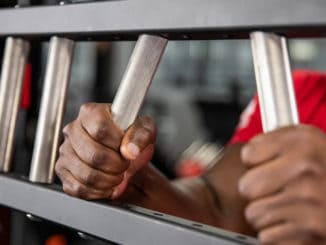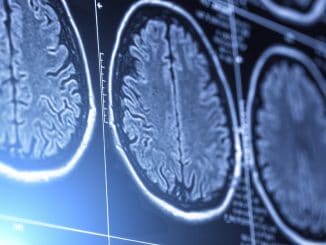
Grip strength is inversely associated with DNA methylation age acceleration
A new research study[2] shows that those with relatively weak handgrip strength showed signs of accelerated aging of their DNA. Grip strength is a reliable marker of general muscle quality and strength. Those with weak handgrip have genes that appear to be growing old faster than those with greater strength. What was the Goal of the Research Study? The goal of this study was to resolve whether grip strength was associated with measures of DNA methylation (DNAm) age acceleration. There is huge evidence linking muscular weakness, as defined by low grip strength, to a host of negative aging-related health results. Given these links, grip strength has been labeled a ‘biomarker of aging’, but the pathways connecting grip strength to negative [Read more …]






